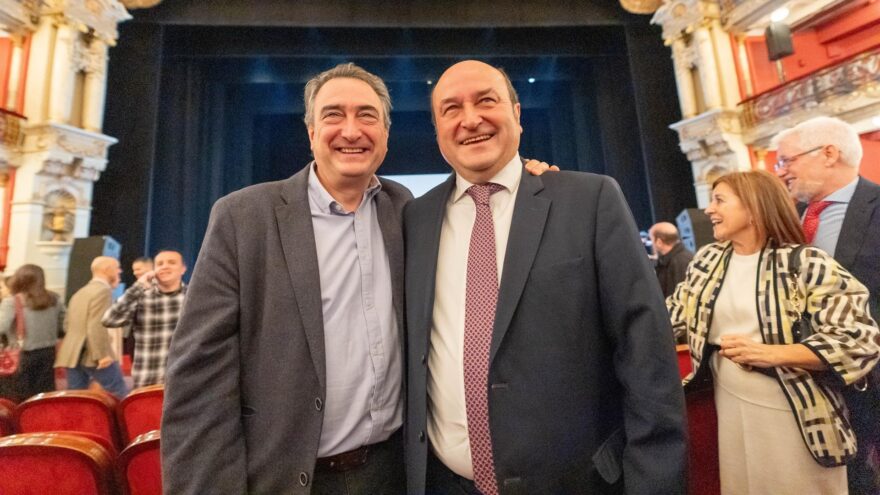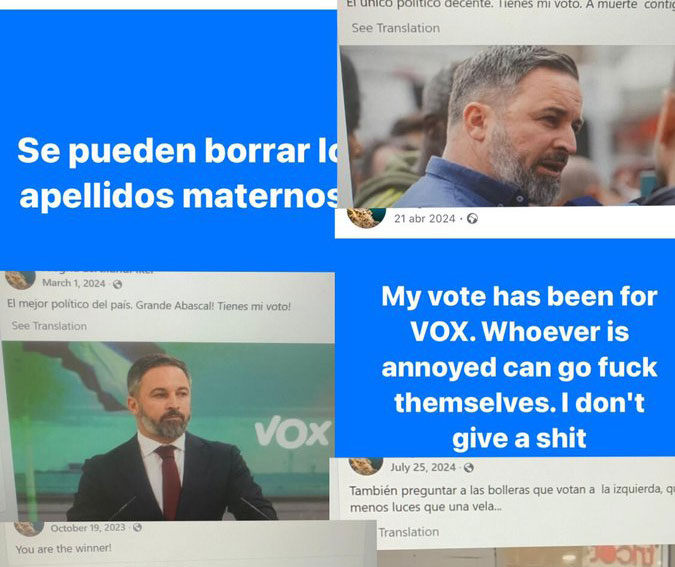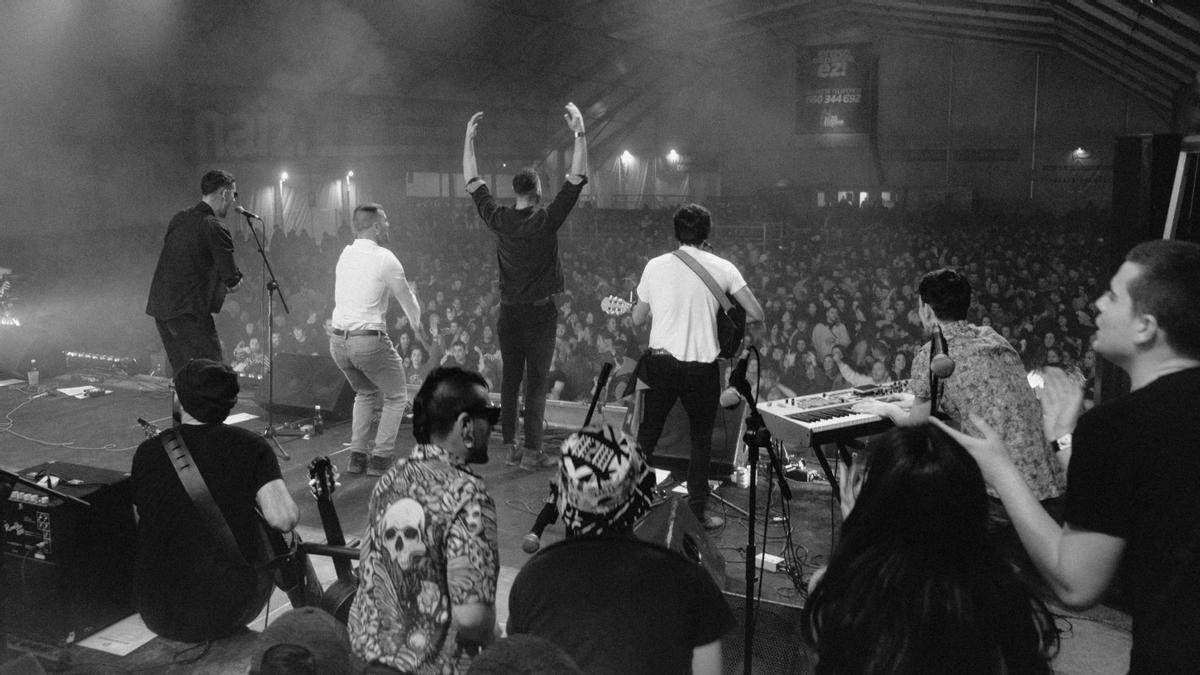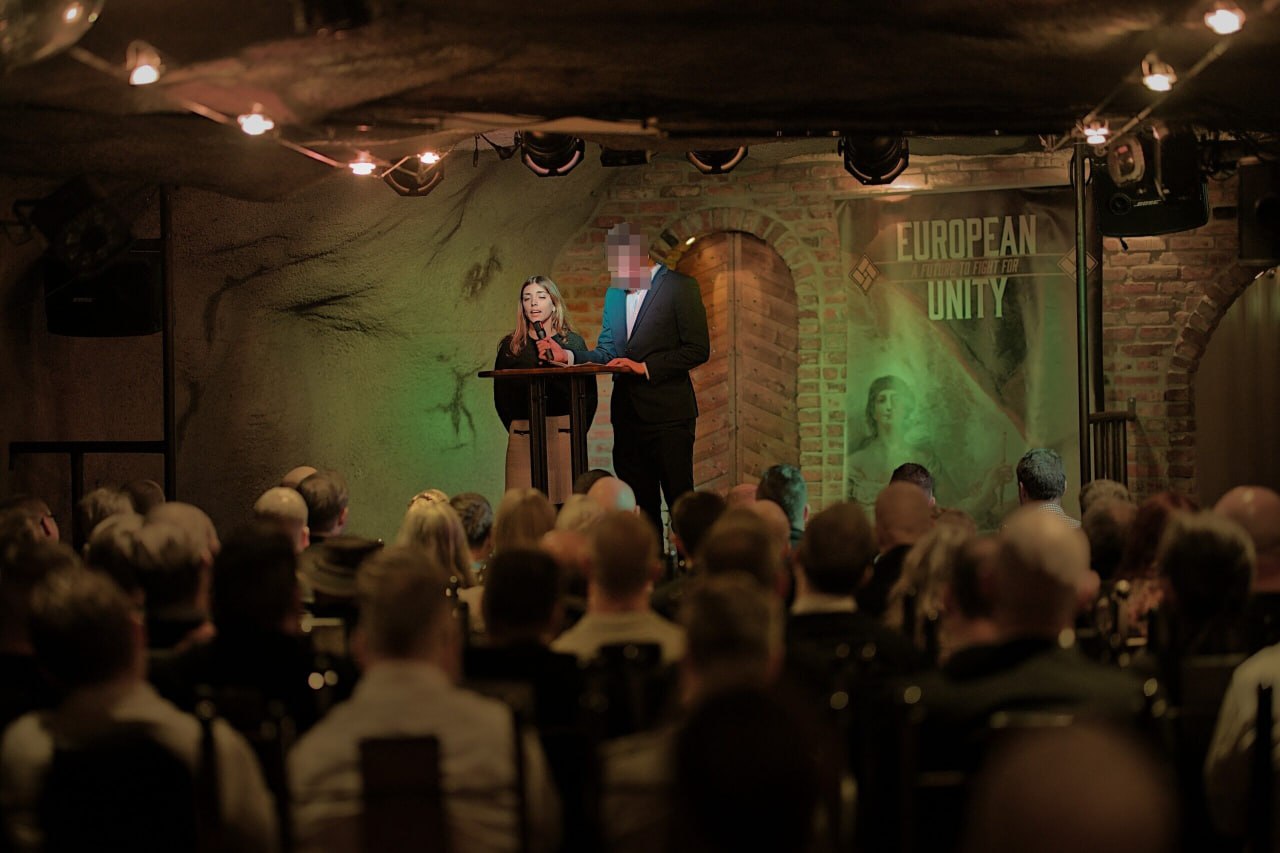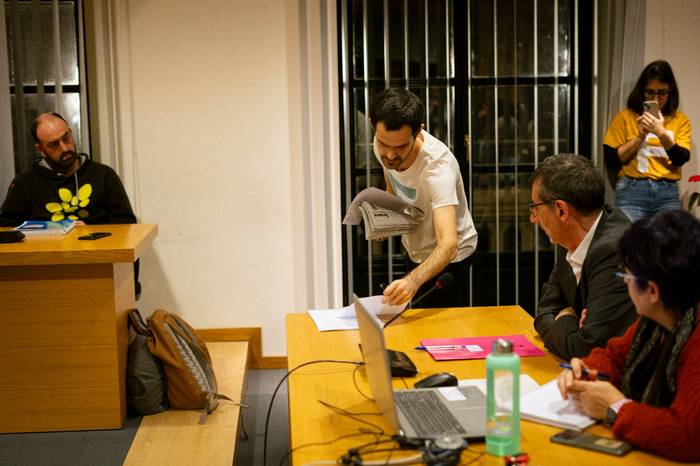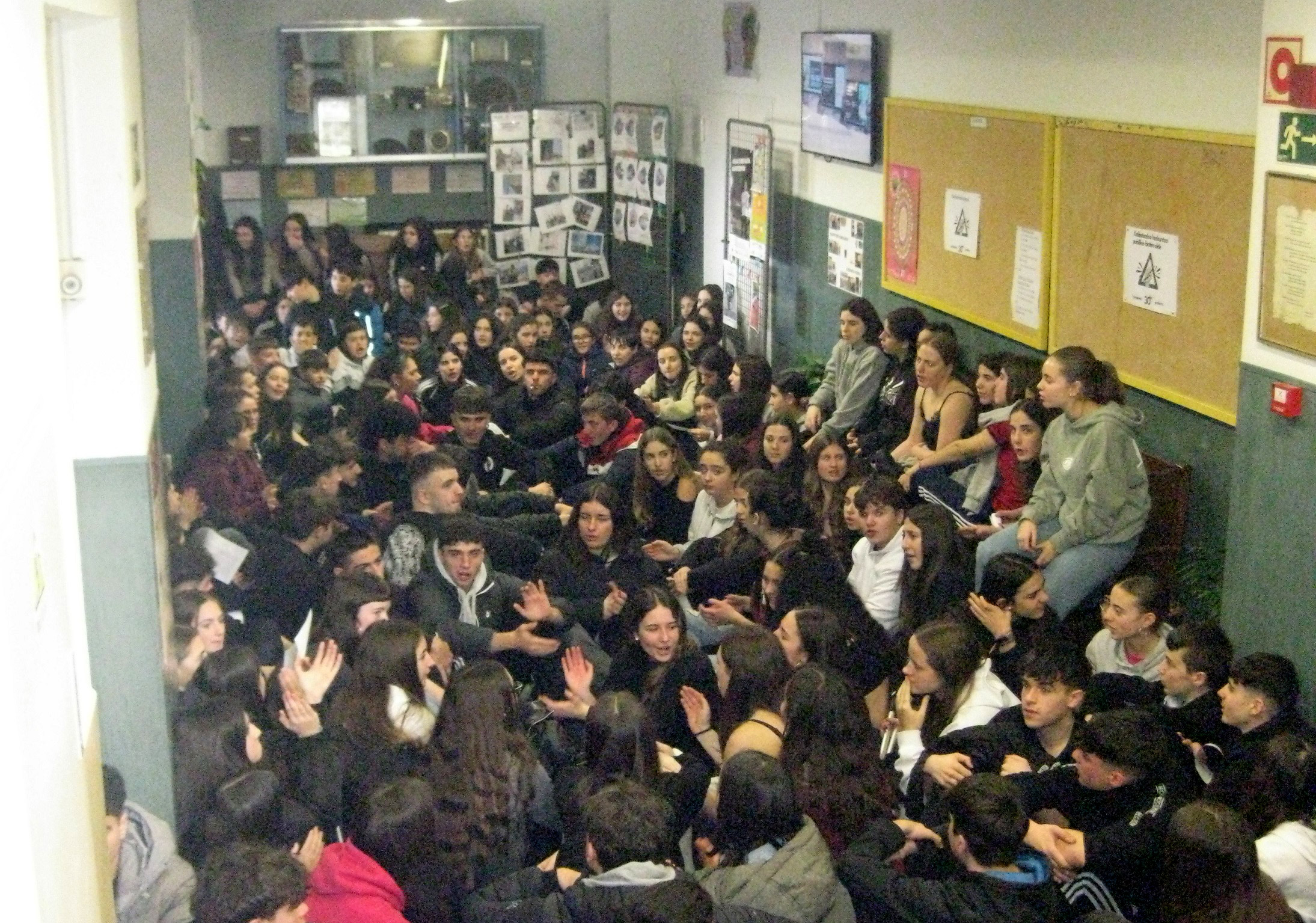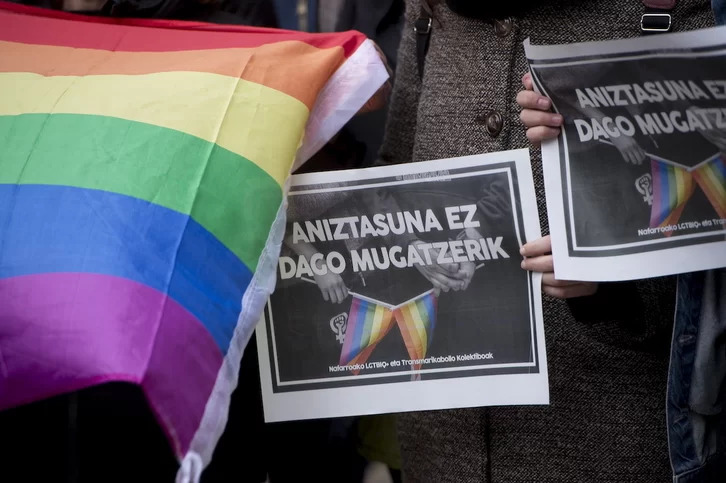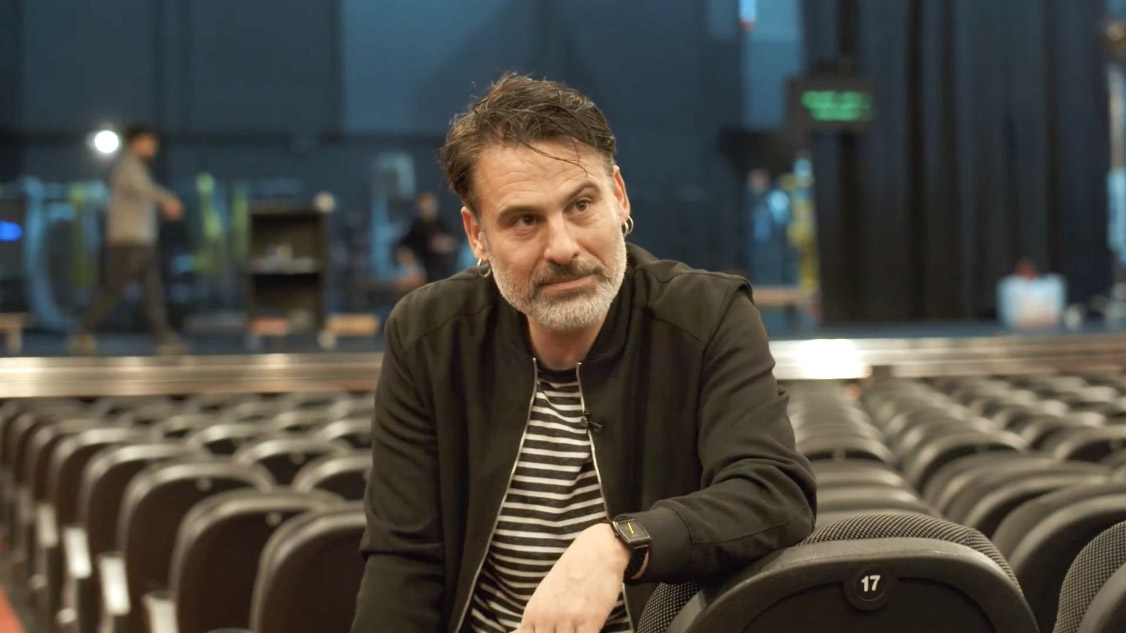Blessed are the great debtors
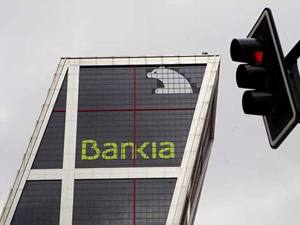
MARKETS OR DEMOCRACY, there is the question, in the current model both are not possible. Ratings agencies’ notes, attacks on sovereign debts, their influence on EU summits… And above all, banks’ rescue operations are the ones that most clearly indicate who sends out.
It is more important than the collapse of education, health and research or the failure of millions of unemployed, that Bankia frees itself from the flames of hell, otherwise the destruction will be much greater. And in that fraud, we are trapped by the citizens of countries that are currently experiencing financial crises, Greeks, Irish, Spaniards, the EU in general and the world in general, because basically, in one way or another, the chain is spreading to the whole world. And also fear.
It's no less: The Spanish Government, for example, has already rescued Bankia with EUR 23.5 billion through its bank account. It is estimated that the Spanish bank will have to put around EUR 60 billion in the state of health. And those are just predictions, always wrong, because they show less money than you use at the end. Furthermore, it is quiet, it still has the Rajoy margin, and that figure is only 5-6% of Spain’s GDP, while in Ireland, for example, the government used 30% of its GDP in the nationalisation of Allied Irish Bank.
The mold is also curious: the state is not going to give money directly to Bankia, because for that it would have to ask the markets and it cannot. It will therefore buy Bankia’s shares, but not directly, but through the issuance of debt. In other words, it cannot make money or give money to the banks, but it can increase the debt. Then, Bankia can use that state debt as a guarantee to raise money in other banks or in the ECB, or it can simply sell directly on the markets. But the ultimate responsibility is the state, which can also fail, as demonstrated by the rescues of Greece, Portugal or Ireland.
In short, with this debt issue for Bankia, the PP Government is carrying out an indirect bailout of the ECB. And as has been clearly seen in the current financial crisis and in the third world's external debt, the whirlwind of debt always ends in the bailout.
HOW MUCH IS EUR 23.5 billion? Examples: More than the quadruple of Gipuzkoa’s 2012 or triple the Bizkaia budgets; what you want to spend on three high-speed projects in the Basque Country (about €10,000 million) multiplied by two; four times more than what Spain spends in a year of research… And yes, it seems that the Spanish Minister of Economy, Luis de Hguindos, would learn from the Spanish disaster.
But it is not enough to be a banker so that everything is free, no, we need a large bank, whose fall conditions the entire financial system or the economy of a whole country. So, yes, in Iceland, but in Spain everything is free: to let go, to give bad accounts, to make bad management, to get rich at the expense of the evicted … Everything is possible because otherwise, the consequences will be worse.
Blessed are the great debtors whose destruction is of others, for they shall be guaranteed salvation. A closer example: ARGIA, for example, would not last long with a debt of EUR 100,000, and if no one participates, it ended in three or four years. However, Hurry, which publishes El País, has been dragging debts worth EUR 5 billion (publicly since 2008) for years, but defaults payments with banks every year, until 2016, when it already got the debt back.
But how? Why? A lot of answers are in your editorials. Knowing their debt, the reader can better understand with what passion this paper defends a global pact between the PP and the PSOE, as well as for bank rescue: “The contribution of public money is the most effective procedure for recovering the solvency of a bank provided that the State has the capacity to recover it subsequently” (El País, 27/5/2012, page 32). Conclusion: In its severity, More Alive Communication is healthier than SAL Hurry. It is laughing when there is criticism of the scant and much-appreciated public support for the media and Basque culture. And shame.
Vagina Shadow(iko)
Group: The Mud Flowers.
The actors: Araitz Katarain, Janire Arrizabalaga and Izaro Bilbao.
Directed by: by Iraitz Lizarraga.
When: February 2nd.
In which: In the Usurbil Fire Room.











